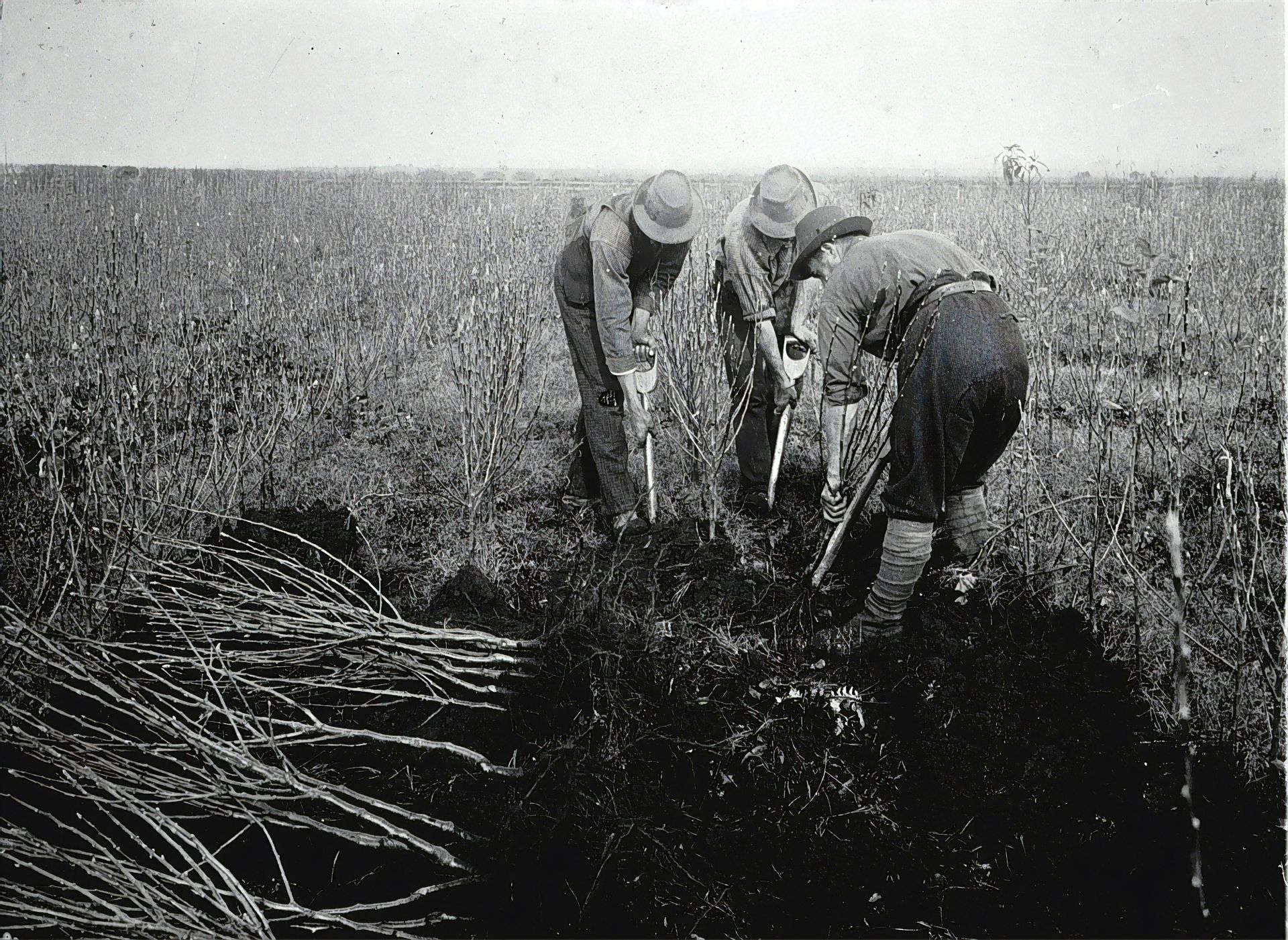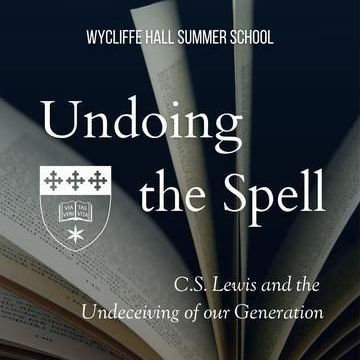Admitting our need for help: Paris airport, excess baggage and Luke 18:9-14
"Porter service!" said someone around the table.
"Yes, porter service!" said another.
"Ah! But I have a plan!!" said I.
The problem? How to navigate two 60lb dogs, two 48" dog crates, a rucksack and a backpack, by myself, from the baggage reclaim at Paris Charles De Gaulle airport all the way through customs and to arrivals. After a 9-hour flight across the Atlantic.
I had an excellent, thought-out, flawless plan which included a double hands-free dog leash, being strapped up with KT tape for my bad back, learning to disassemble the crates quickly (with two dogs attached to my hip) and then stacking them on an airport luggage cart. Yes, I'd be jetlagged. Yes, the dogs will be giddy from being in their crates for 10+ hours. But it'll be fine. What could possibly go wrong?
A porter service? No thanks. I'd rather do it solo. I don't want to ask for help. I don't want to delegate. I'd much rather get on and do what needs to be done to complete this last 800 yards (or whatever the distance is from baggage reclaim to arrivals) till I meet Darren from Exec Pets for the taxi ride to our new home.
And so I came to eat a little slice of humble pie. Over the weekend after I had the conversation described above, I engaged in some spiritual reading and reflection. I was challenged to consider current ways in which I might still act out of my old self; old ways of being and acting that aren't rooted and grounded in God but in myself (or a myriad of other possibilities). How could I exercise self-discipline (not a comfortable word!) and make real changes in the choices I make to be more in step with God.
For me this week, that looks like asking for help in Paris airport. Even paying for help. If I have the good fortune to be able to afford the help with a situation I couldn't possibly manage myself, why wouldn't I? Who am I trying to impress? What am I trying to prove? Yes, me of 20 years ago responded to someone saying "You can't do that" with a clear and deliberate "Watch me!" either by word or action. It didn't matter how much it might hurt in the process, I would get it done.
But that independent, stubborn streak is not a fruit of the Spirit. Take a look through the fruit of the Spirit in Galatians 5:22-23, you'll notice that independence isn't there. Stubborn? Not part of the work of God in our lives.
By contrast, the fruit of the Spirit is love, joy, peace, patience, kindness, generosity, faithfulness, gentleness, and self-control.
With all this in mind and heart, a small, seemingly insignificant decision became deeply meaningful. Will I continue with my way of being? Or will I bring my whole life into line with God's way?
***
Even more than just eating a little slice of humble pie, it dawned on me just how much in asking for help and recognising that such help can be costly (but still worth it) is a way of embodying our faith in the Gospel. The Cross is a place where we admit our powerlessness. Our inability to reconcile ourselves back to God. How we have strayed so very far from the whole and good life God purposed for us. As a human race we have traded our glory for rags. And the distance and the damage that such decisions have created in us are something we cannot fix.
Consider my airport predicament: stuck in Paris CDG baggage reclaim with more baggage than I can carry by myself. It doesn't matter whether I have a hundred dog crates or just one. I'm not making it through customs to arrivals. I can try and punish myself into making it work. I can plan, I can strategize, I can work to contort circumstances work for me. But it's never going to last.
I can fight, I can resist. I can say proudly "I'm independent, I can handle this!" and perhaps hollow myself out in the process.
Or I can accept that some things are just too much to bear alone. Some things can be alleviated by outside help alone. I don't have to fight. I don't have to strain and stress. I can accept that help is available. I can say that the cost for such help is possible. And I can cover the costs.
***
The Gospel is not dissimilar. Take the parable of the Pharisee and Tax-Collector in Luke 18:9-14:
Jesus also told this parable to some who trusted in themselves that they were righteous and regarded others with contempt: ‘Two men went up to the temple to pray, one a Pharisee and the other a tax-collector. The Pharisee, standing by himself, was praying thus, “God, I thank you that I am not like other people: thieves, rogues, adulterers, or even like this tax-collector. I fast twice a week; I give a tenth of all my income.” But the tax-collector, standing far off, would not even look up to heaven, but was beating his breast and saying, “God, be merciful to me, a sinner!” I tell you, this man went down to his home justified rather than the other; for all who exalt themselves will be humbled, but all who humble themselves will be exalted.’
There is one who is sure of his abilities. His competence. His ability to independently do as God asked of him. Then there is another who is woefully aware of his limits. Of where he has not done (and cannot do) what is needed. He knows what he is not. He knows he needs help that comes from outside of himself.
I love the Greek here in the tax-collector's plea. In "God, be merciful to me, a sinner!" the typical word for mercy is not used. Here it actually denotes offering and sacrifice. It's more "God, offer an atoning sacrifice for me, a sinner!" There's a spiritual distance to cover, and I cannot do it. Reconcile me back to you. Clear away what I cannot clear myself. Bring me home.
The weight of our spiritual baggage is great. It is too great for you or I to bear. It won't just give us a bad back, ultimately this weight will kill us, either in body or spirit (and eventually both). We need help from outside of ourselves. Help that costs. And unlike the porter service in Paris CDG, none of us have that kind of currency. But God does and it is our free gift. The Cross carries all of our burdens and baggage. It takes the weight we cannot bear so we can come home to Him.
So why would I try to do it myself? What am I/you/anyone else trying to prove?
Will we ask for help? For me, in Paris CDG at least, the answer is yes.
******



